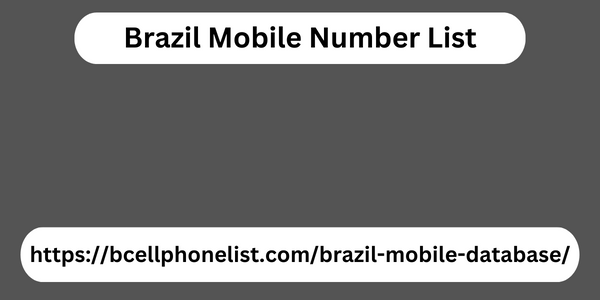|
|
Imagine a complex task, with many details to remember, such as: “Book a flight from London on Monday and return from Frankfurt on Sunday for two people. Choose the lowest available price when checking a bag” Without a written description your participants could make mistakes because they have forgotten the task. Not because there are usability problems. A written description of the task helps reduce errors. It also helps uncover real usability problems. Let the participant describe everything they see instead of verbalizing what they are thinking Before starting a session, the moderator must explain to the participant how the usability test works.
You must also tell him how to behave during the session. It is common to ask participants to think aloud while performing the task . That is, let them express whatever comes to mind. This well-known technique is called “Think Brazil Mobile Number List Aloud”. Thinking out loud is not something that people do spontaneously. However, it provides very valuable information that the researcher could not discover otherwise. Sometimes participants believe that what they are being asked is to describe and comment on everything they are seeing. Even aspects that would not be noticed in a real use situation. Sometimes they can go into what we call “expert mode.” They believe that they must evaluate the tool or interface and that what the researcher is looking for are opinions.

As a result, the participant is distracted from the task and causes unnatural reactions. Furthermore, the information it provides to the researcher is of little use. On the contrary, it adds a lot of noise to the data collected during the session. To avoid this, the moderator must clearly explain to participants what is expected of them. And, if necessary, redirect them to the task if they begin to behave like “experts.” Provide fictitious data at the beginning of the task and not when it is needed Some usability test tasks require participants to fill out forms and provide personal information. This is the case, for example, of online reservations or purchases. Sometimes you can't ask participants to use their personal information because some data is especially sensitive. For example, credit card number, banking information, or ID card or passport number are data that we should not ask for in most cases.
|
|